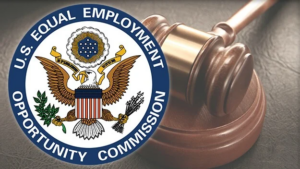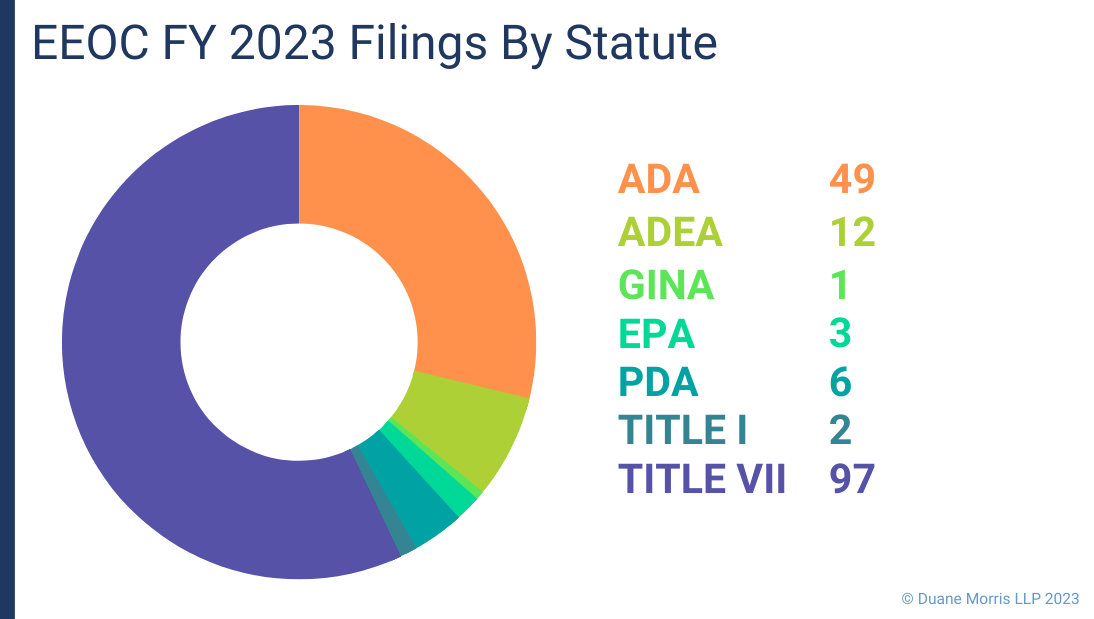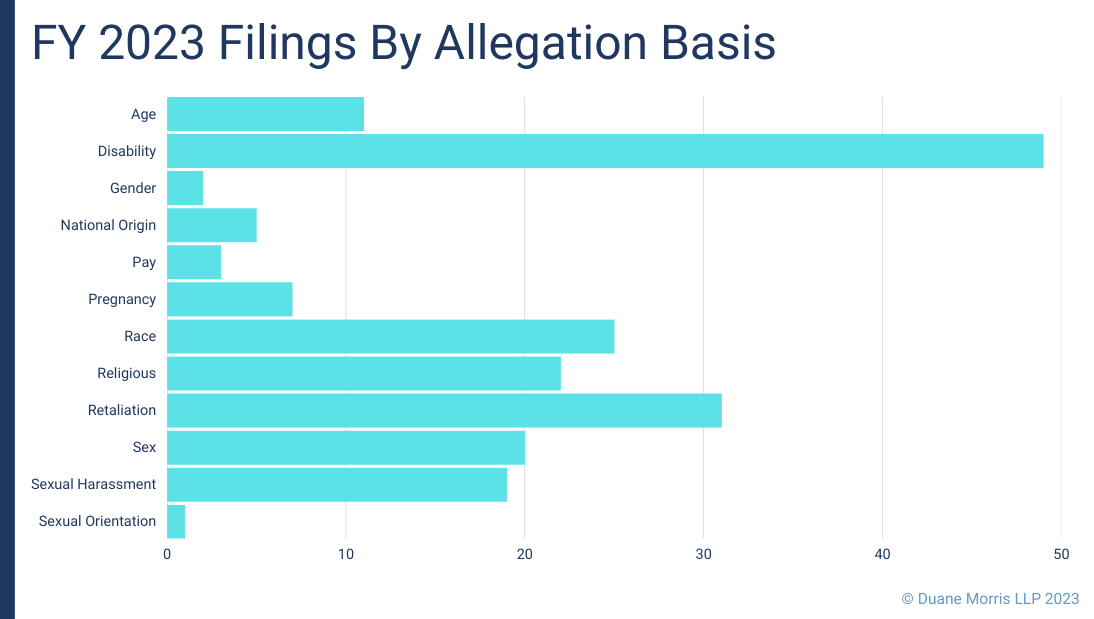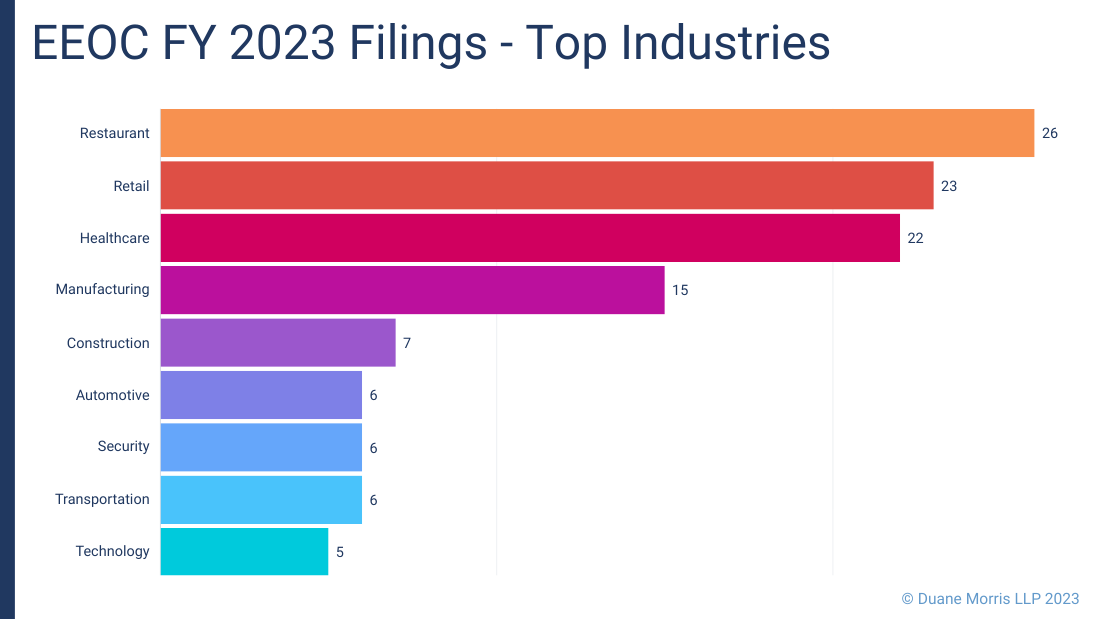 By Gerald L. Maatman, Jr. and Jennifer A. Riley
By Gerald L. Maatman, Jr. and Jennifer A. Riley
Duane Morris Takeaways: Annually the American Tort Reform Association (“ATRA”) publishes its “Judicial Hellholes Report,” focusing on litigation issues and identifying jurisdictions likely to have unfair and biased administration of justice. The ATRA recently published its 2023-2024 Report and for the first time in the history of the report, the ATRA ranked two jurisdictions at the top of the list – both Georgia and Pennsylvania, specifically the Pennsylvania Supreme Court and the Philadelphia Court of Common Pleas – as the most challenging venues for defendants. Readers can find a copy here and the executive summary here.
The Judicial Hellholes Report is an important read for corporate counsel facing class action litigation because it identifies jurisdictions that are generally unfavorable to defendants. The Report defines a “judicial hellhole” as a jurisdiction where judges in civil cases systematically apply laws and procedures in an unfair and unbalanced manner, generally to the disadvantage of defendants. The Report is a “must read” for anyone litigating class actions and making decisions about venue strategy.
The 2023 Hellholes
In its recently released annual report, the ATRA identified 9 jurisdictions on its 2023 hellholes list – which, in order, include, tied at number one: (1) Georgia – (the defending “champion” from the top of the 2022 list, with massive verdicts bogging down business and more liability expanding decisions issued by the Georgia Supreme Court); and (1) Pennsylvania (especially in the Philadelphia Court of Common Pleas and the Supreme Court of Pennsylvania); (3) Cook County (as a “no-injury required” hotspot and lawsuits stemming from the Illinois Biometric Information Privacy Act); (4) California (with Proposition 65 lawsuits thriving and a huge overall volume of lawsuits, in addition to Private Attorney General Act (PAGA) litigation, lemon law litigation, and environmental hotbed); (5) New York (with “no-injury” consumer class action lawsuits and massive verdicts); (6) South Carolina (particularly in asbestos litigation, with problems related to bias against corporate defendants, unwarranted sanctions, low evidentiary requirements, liability expanding rulings, unfair trials, severe verdicts, and a willingness to overturn or modify jury verdicts to benefit plaintiffs); (7) Lansing, Michigan (particularly due to liability-expanding decisions by the Michigan Supreme Court and pro-plaintiff legislative activity); (8) Louisiana (with long-running costal litigation and insurance claim fraud litigation); and (9) St. Louis, Missouri (with focuses on junk science in the courtrooms and nuclear verdicts).
According to the ATRA’s analysis, these venues are less than optimal for corporate defendants and often attract plaintiffs’ attorneys, particularly for the filing of class action lawsuits. Therefore, corporate counsel should take particular care if they encounter a class action lawsuit filed in one of these venues.
The 2024 “Watch List”
The ATRA also included 3 jurisdictions on its “watch list,” including Kentucky (the ATRA noted that Kentucky, as a newcomer to the list, has been reported as having some lawyers resorting to unethical measures to secure wins); New Jersey (with a powerful trial bar), and Texas (particularly the Court of Appeals for the Fifth District, which the ATRA opined has developed a reputation for being pro-plaintiff and pro-liability expansion).
In addition, the ATRA recognized that several jurisdictions made significant positive improvements this year, highlighting decisions by the New Hampshire and Delaware Supreme Courts, which rejected no-injury medical monitoring claims, the New Jersey Appellate Court, which discarded improper expert testimony, the Texas Supreme Court, which rejected manipulation of juries, and the West Virginia Supreme Court, which placed reasonable limits on employer liability.
In addition to court actions, the ATRA also stated that nine state legislatures enacted positive civil justice reforms this year.
Implications For Employers
The Judicial Hellholes Report often mirrors the experience of companies in high-stakes class actions, as Georgia, Pennsylvania, Illinois, California, New York, South Carolina, Michigan, Louisiana, and Missouri are among the leading states where plaintiffs’ lawyers file class actions. These jurisdictions are linked by class certification standards that are more plaintiff-friendly and more generous damages recovery possibilities under state laws.













